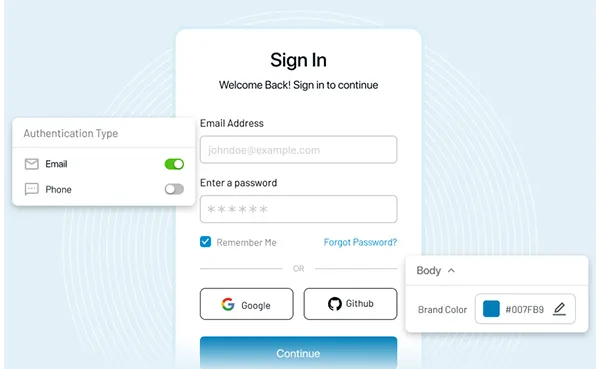Introduction
Data has become the lifeblood of successful campaigns in the rapidly evolving digital marketing landscape. Every click, like, and purchase is meticulously tracked, analyzed, and utilized to tailor consumer experiences.
However, amidst this data-driven frenzy, a crucial element often takes the back seat: data privacy. As marketers strive for personalization and targeted advertising, they must balance leveraging consumer data and respecting their privacy rights.
Let’s explore the realm of data privacy for marketers, exploring how a strategic approach to privacy can ensure compliance and drive long-term success and consumer trust.
The Data Privacy Imperative
Data privacy has recently become a major topic of public consciousness. Several high-profile data breaches have heightened awareness about safeguarding personal information.
Consumers are more cautious about collecting, using, and sharing their data. Consequently, governments worldwide are enacting stringent data protection regulations like the General Data Protection Regulation (GDPR) in Europe and the California Consumer Privacy Act (CCPA) in the United States.
This shift presents marketers with both challenges and opportunities. Complying with these regulations can be complex and resource-intensive while embracing data privacy can be a competitive advantage.
It's not just about avoiding fines and legal repercussions; it's about building trust with consumers. Research consistently shows that customers are more likely to engage with brands they trust with their data.
Building Trust Through Transparency
Transparency is the cornerstone of a successful data privacy strategy. Marketers must clearly communicate to consumers what data is being collected, how it will be used, and the benefits they can expect in return. This transparency should extend across all touchpoints, from website cookie banners to privacy policies written in clear, accessible language.
By being open about data practices, marketers can foster trust and mitigate privacy concerns. Customers are more likely to share their information when they understand its value and how it enhances their experience. Data transparency also helps marketers in their quest for personalization. When consumers willingly provide accurate data, marketers can deliver more relevant content and offers, leading to higher engagement and conversion rates.
Embracing Ethical Data Use
Beyond legal compliance, marketers should prioritize ethical considerations in their data practices. This means not only asking, "Can we do this?" but also "Should we do this?" Ethical data use involves respecting boundaries and using data in ways that benefit both the business and the consumer.
An example of ethical data use is implementing granular consent mechanisms. Instead of blanket opt-ins, give consumers control over what they share. Allow them to choose the types of communication they receive and the data they're comfortable sharing. This not only builds trust but also ensures that the data collected is more accurate and relevant.
Data Privacy as a Competitive Advantage
In a crowded marketplace where consumers are bombarded with marketing messages, data privacy can be a key differentiator. Brands that prioritize privacy and demonstrate a genuine commitment to protecting consumer data stand out from the crowd. They become beacons of trust in an otherwise murky sea of data collection.
Moreover, data privacy can drive innovation. When consumers trust that their data is safe, they are more willing to engage with new technologies and experiences. For example, personalized AI-driven recommendations become more effective when consumers are confident that their privacy is respected.
Conclusion
Data privacy is not just a legal requirement for marketers; it's a strategic imperative. By embracing transparency, ethical data practices, and consumer trust, marketers can turn data privacy into a competitive advantage.
Brands that prioritize privacy comply with regulations and build lasting relationships with customers. In an era where data is abundant but trust is scarce, cultivating a privacy-first mindset is not just good ethics—it's good business. As marketers navigate the evolving landscape of digital marketing, let data privacy be their guiding star toward success.

















